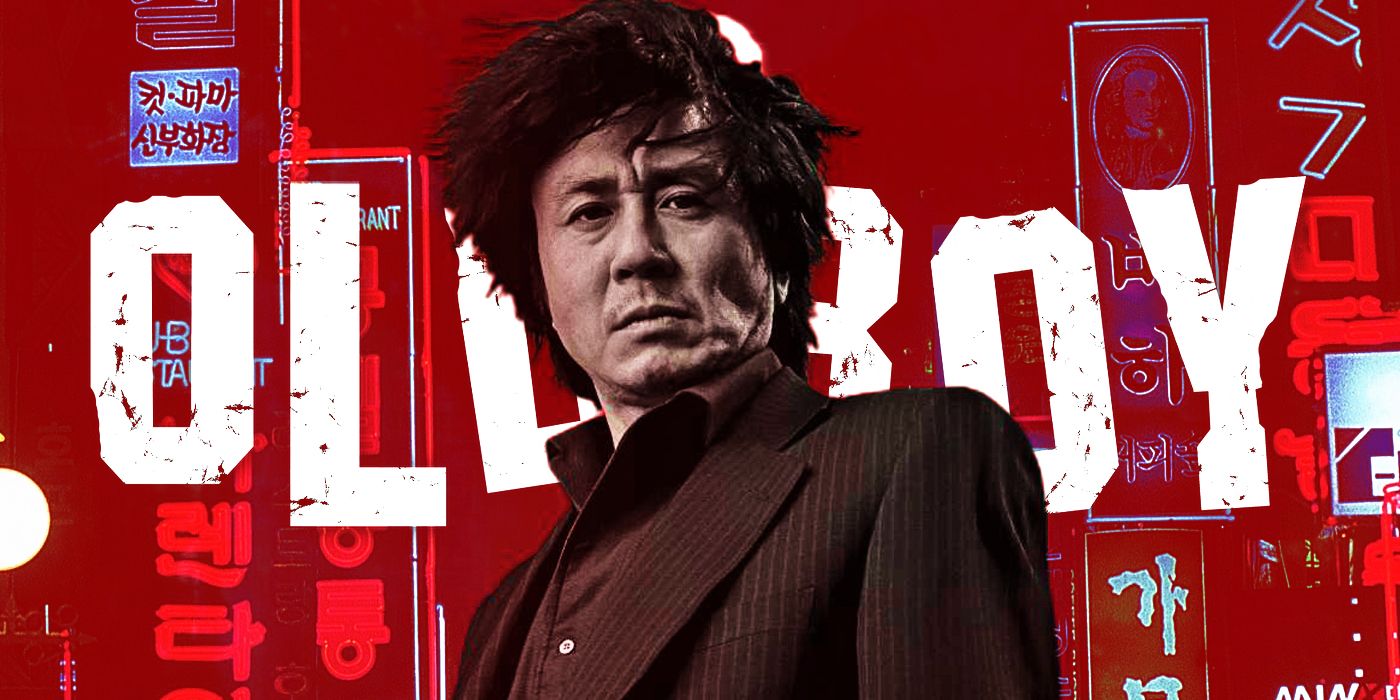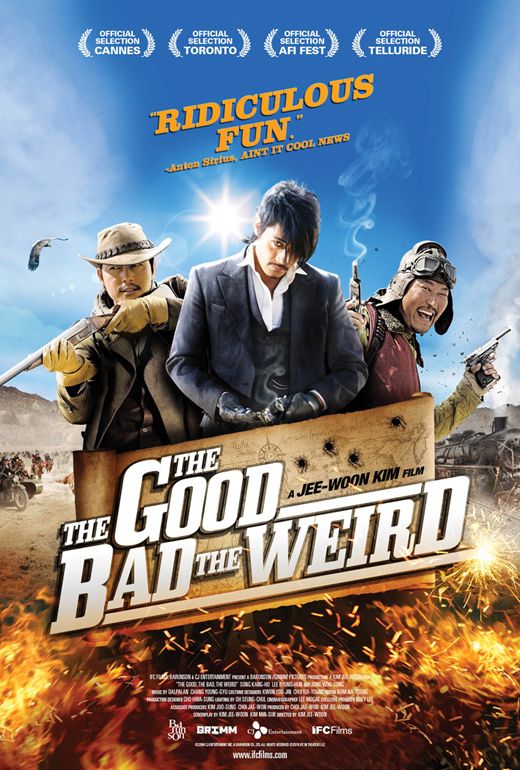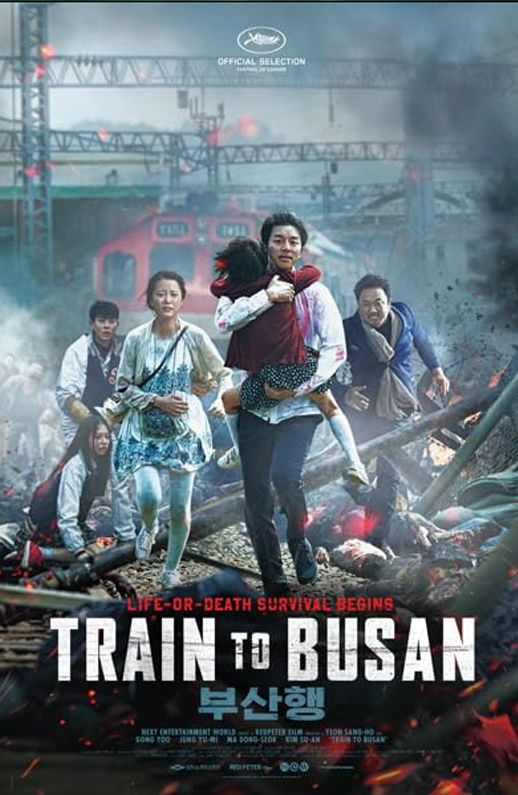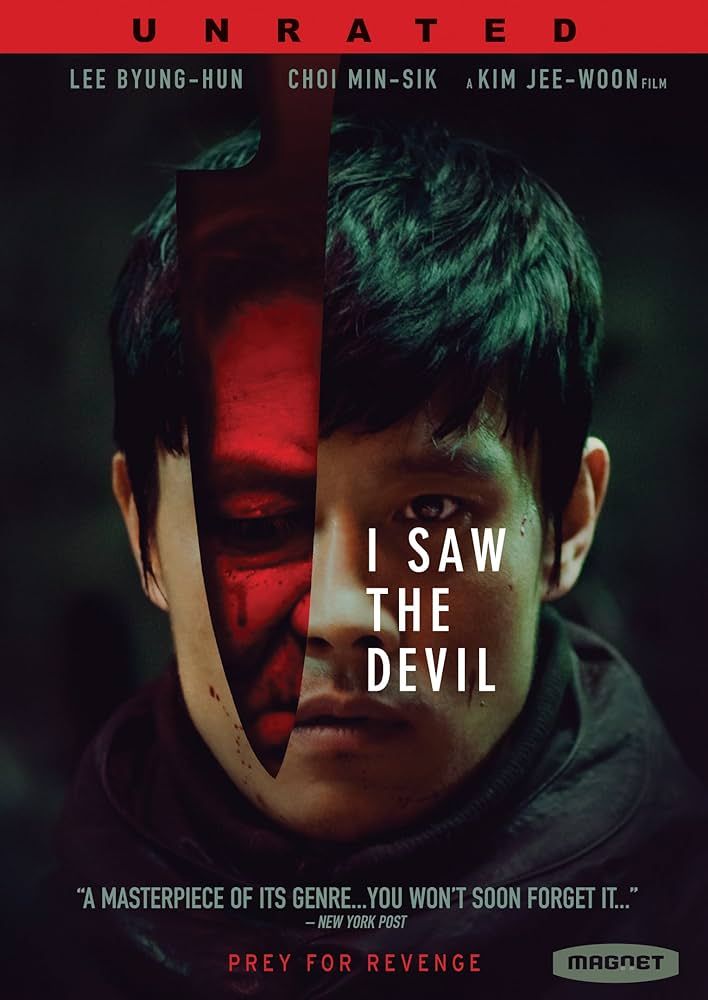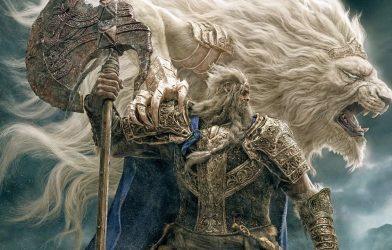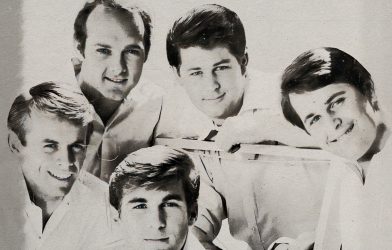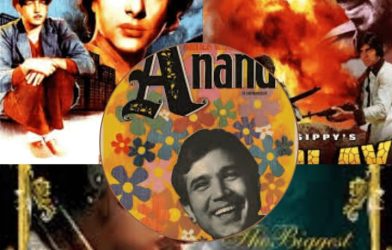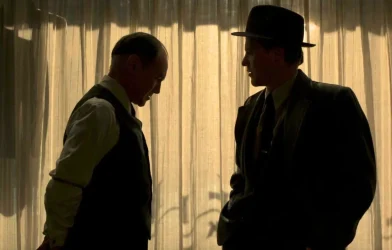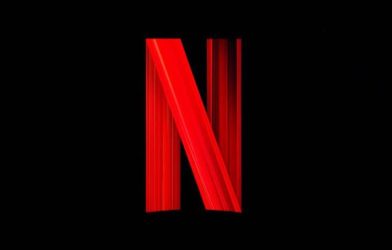In the twenty-first century, South Korean cinema has experienced unprecedented success, both in terms of international acclaim and box office profits. One reason for South Korea’s cultural dominance has been the country’s ability to churn out high-octane action thrillers that feature formal proficiency combined with gruesome subject matters. South Korean cinema has found a cult audience in the United States among cinephiles seeking to escape the sanitized nature of mainstream Hollywood cinema.
After decades of little international attention, South Korean cinema began to make a global splash in the late 1990s through a movement now known as New Korean Cinema. This collection of films became renowned for using the genre to explore social issues affecting South Korean society. Since the birth of New Korean Cinema, directors such as Park Chan-wook, Kim Jee-woon, and Na Hong-jin have created some of the best action thrillers of the twenty-first century. Movies such as Oldboy, I Saw the Devil, and Train to Busan rank among the greatest South Korean action films of all time.
10 The Yellow Sea Perfectly Demonstrates South Korea’s Genre-Bending Prowess (2010)
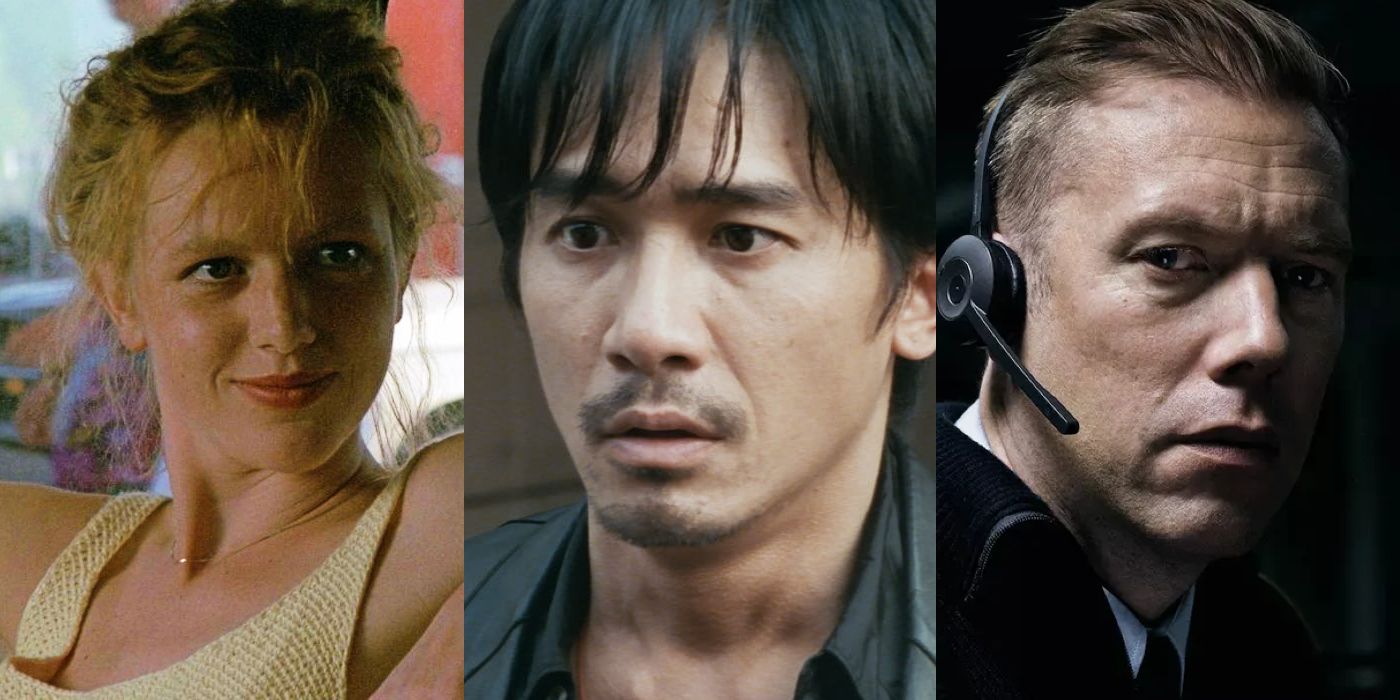
Related
10 Underrated International Thrillers Everyone Should See
Take a look back at several underrated thrillers from foreign nations that inspired Hollywood hits from Quentin Tarantino and even Stanley Kubrick.
Despite a small body of work, Na Hong-jin has gifted audiences with some of the most intense movies of the twenty-first century. Na began his career with the brutal action thriller The Chaser. His second feature, The Yellow Sea, again offered moviegoers a thrilling and emotionally turbulent experience full of unrelenting action. The Yellow Sea centers on a Korean man who takes an assassination job to make money and find his missing wife. However, when the job does not go according to plan, he goes on the run from both the police and the gangsters who paid him.
The Yellow Sea was a commercial success, opening number one at the South Korean box office. The film was also one of the most acclaimed films of 2010 in South Korea, earning eleven Grand Bell Award nominations, and winning for Best Supporting Actor and Best Costume Design. For his gripping performance, Ha Jung-woo won the Asian Film Award and Baek Sang Art Award for Best Actor. In the United States, critics praised The Yellow Sea for its genre-bending prowess, mixing black comedy with bone-crunching action and romantic melancholy. The New York Times’s Manohla Dargis wrote The Yellow Sea is “A rush of a movie from South Korea that slips and slides from horror to humor on rivers of blood and offers the haunting image of a man, primitive incarnate, beating other men with an enormous, gnawed-over meat bone.”
9 The Man from Nowhere Is a Top-Tier Revenge Thriller (2010)
1:54
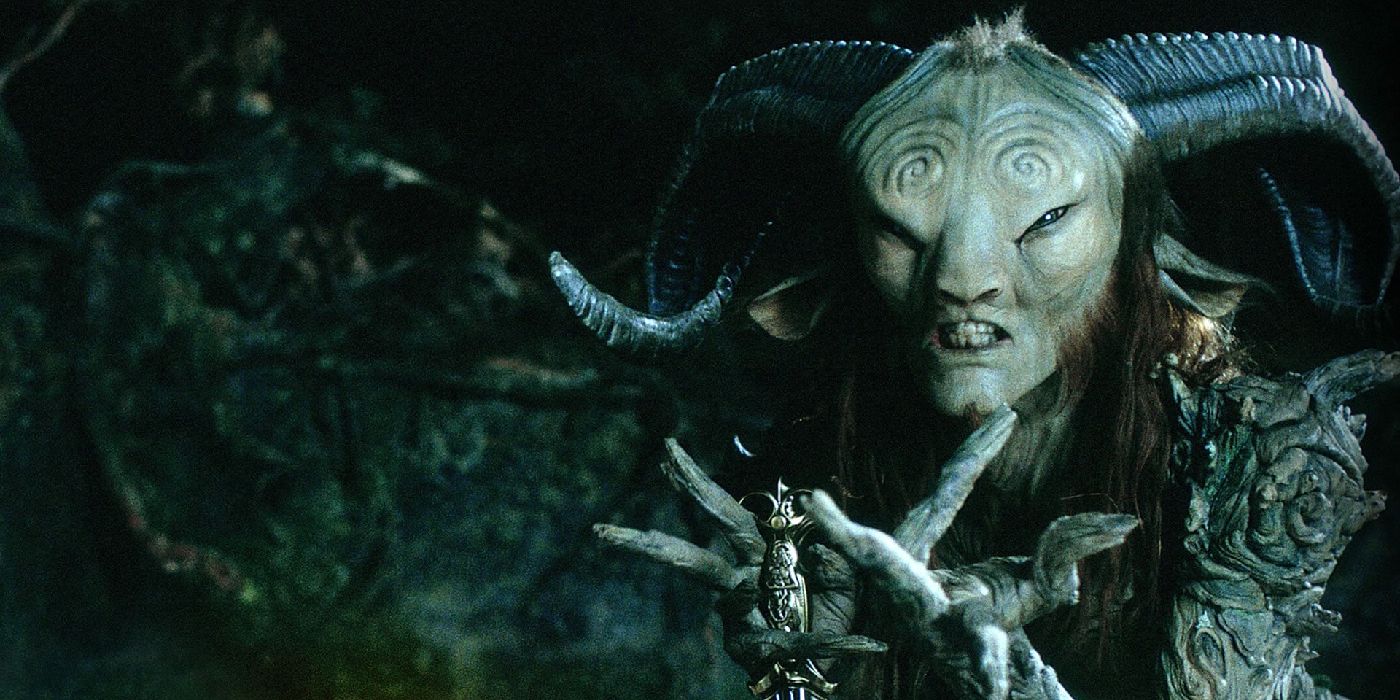
Related
10 Highest-Grossing Foreign Language Films In U.S. History
While many audiences are invested in huge blockbuster franchises, there have been some stunning foreign language films that have broken through.
Directed by Lee Jeong-beom, The Man from Nowhere is an action revenge thriller about a mysterious, laconic, solitary pawnshop keeper, Cha Tae-sik, who befriends his neighbor’s young daughter. When a drug and organ trafficking ring kidnaps the neighbor and her daughter, Cha sets out to find them. Along the way, audiences learn about Cha’s dark past and why he possesses an uncanny ability to kill.
In the United States, a movie about the drug trade and organ trafficking, all involving children, would almost certainly never get the green light from a major Hollywood studio. If such a movie did manage to receive a theatrical release, it would probably perform poorly at the box office. In South Korea, where audiences flock to see the darker side of life, The Man from Nowhere was the highest-grossing domestic film of the year. A critical success as well, The Man from Nowhere won 19 awards out of 36 nominations. A highly influential work, The Man from Nowhere was a major source of inspiration for the John Wick franchise.
8 Shiri Is a Foundational Work of New Korean Cinema (1999)
A foundational work of New Korean Cinema, Shiri was among the first blockbuster-style action movies produced in South Korea during the late 1990s. Directed by Kang Je-kyu, Shiri follows two South Korean secret service agents who must track down a shipment of a potent new liquid explosive stolen by North Korean terrorists. At the time of its premiere, Shiri was the most expensive South Korean movie ever made. Aesthetically, Shiri borrowed heavily from 1980s Hollywood action movies and the Hong Kong films of John Woo, Ringo Lam, and Johnnie To.
Shiri helped launch the careers of two of South Korea’s most internationally famous movie stars, Choi Min-sik and Song Kang-ho. A massive financial triumph, Shiri finished 1999 as the highest-grossing domestic release in South Korea. At the Grand Bell Awards, Shiri amassed eleven nominations, winning for Best New Actress, Best Actor, Best Lighting, Best Editing, Best Sound Effects, and Best Planning. In 2014, Time Out named Shiri the 96th greatest action movie of all time.
7 The Chaser Was Inspired by Real-Life Serial Killer Yoo Young-chul (2008)
Na Hong-jin’s directorial debut, The Chaser is an action thriller about a disgraced former policeman, Eom Joong-ho, who runs a small ring of prostitutes. When one of his girls goes missing, Eom begins to investigate, eventually leading him to a sadistic serial killer. The Chaser’s serial killer character, Ji Yeong-min, is loosely based on Yoo Young-shul, a South Korean serial killer who murdered approximately 20 people between 2003 and 2004.
Another savage movie to excel at the South Korean box office, The Chaser was the third highest-grossing domestic release of the year in South Korea. The Chaser also earned rave reviews from critics. Overall, The Chaser won 29 awards out of 54 total nominations. Among The Chaser’s most prestigious awards were six Grand Bell Award wins for Best Film, Best Actor, Best Director, Best Cinematography, Best Planning, and the Popularity Award. Roger Ebert compared The Chaser favorably to the action thrillers of yesteryear, writing “The Chaser is an expert serial-killer film from South Korea and a poster child for what a well-made thriller looked like in the classic days.”
6 The Good, the Bad, the Weird Is a Homage to Spaghetti Westerns (2008)

Related
10 Greatest Action Movie Directors, Ranked
From John Woo to Akira Kurosawa, these legendary directors have amassed significant bodies of work full of action masterpieces.
The Good, the Bad, the Weird is a homage to Sergio Leone’s spaghetti Westerns that operates with its own sense of Korean genre-bending flair. A comedy action adventure Western, Kim Jee-woon’s The Good, the Bad, the Weird follows two outlaws and a bounty hunter who compete for possession of a treasure map in 1940s Manchuria. The trio must contend with each other, as well as the Japanese army and Chinese bandits.
The Good, the Bad, the Weird was a box office hit, becoming the second highest-grossing South Korean domestic release of 2008. The film was also among the most acclaimed South Korean movies of the year, receiving ten nominations from the Blue Dragon Awards, winning four awards for Best Director, Best Cinematography, Best Art Direction, and the Popularity Award. The Good, the Bad, the Weird also earned six Grand Bell Award nominations, winning for Best Costume Design. The Portland Oregonian’s M. E. Russell lauded the film’s action, writing “Director Kim Ji-woon creates a funny, fast-moving pastiche of Spielberg, Woo, Leone and George Miller, but it’s really a must-see for its three big action set pieces — which go on for a million years each and become almost hallucinatory.”
5 Train to Busan Is One of Cinema’s Greatest Action Zombie Movies (2016)
Combining elements of action, horror, and thriller cinema, Train to Busan is one of the best zombie movies in film history. Directed by Yeon Sang-ho, Train to Busan takes place in South Korea during the dawn of a zombie apocalypse. The film concerns a group of passengers who struggle to survive on a train traveling from Seoul to Busan.
A mammoth financial success that broke many box office records, Train to Busan was the highest-grossing South Korean movie of 2016. Train to Busan became the highest-grossing Korean movie in multiple Asian countries. In addition to its commercial accomplishments, Train to Busan won 36 awards out of 78 nominations. Variety’s Maggie Lee celebrated the film in her review, writing “Train to Busan pulses with relentless locomotive momentum. As an allegory of class rebellion and moral polarization, it proves just as biting as Bong Joon-ho’s sci-fi dystopia Snowpiercer, while delivering even more unpretentious fun.” Train to Busan’s success led to an animated prequel, Seoul Station, and a standalone sequel, Peninsula.
4 I Saw the Devil Is One of South Korea’s Most Controversial Works (2010)
One of South Korean cinema’s most controversial action horror thrillers, Kim Jee-woon’s I Saw the Devil stars Lee Byung-hun as a secret agent whose wife dies at the hands of a serial killer, ruthlessly played by Choi Min-sik. Lee’s Kim Soo-hyeon sets out for revenge, but on his path toward vengeance, lines begin to blur as to whether Kim is a hero, or slowly becoming a villain himself.
Controversy arose due to the graphic violence and sexual content in I Saw the Devil, with the film twice receiving Restricted ratings from the Korea Media Rating Board. Ultimately, Kim made several cuts, opting to release two different versions of the film, one for domestic audiences, and one for international audiences. Despite the controversy, I Saw the Devil earned critical acclaim, winning three Blue Dragon Awards and a Grand Bell Award. Rene Rodriguez of the Miami Herald discussed the multiple cuts of the film, writing “Director Kim Jee-woon’s astonishing story of a serial killer who picks the wrong man’s fiancée to murder, is so extreme and intense that it had to be trimmed down in its native country before it was released to theaters. We lucky Westerners get to see it in all its hair-raising, stomach-churning glory, and that’s a wonderful thing.”
3 A Bittersweet Life Is an Existential Action Gangster Classic (2005)
Kim Jee-woon’s first foray as a director in action cinema, A Bittersweet Life is an existential gangster classic. A Bittersweet Life stars Lee Byung-hun as a lonely, high-ranking hitman who receives orders to murder his boss’ mistress. After failing to commit the violent act, Lee’s Kim Sun-woo becomes the target of his now-former boss. Surviving, Kim plots revenge against the men he once believed were his loyal friends.
A Bittersweet Life is much more than a standard gangster movie. The film offers a thought-provoking examination of the unfulfilling nature of the gangster lifestyle and the hypocrisy that exists within criminal codes of honor and loyalty. A Bittersweet Life earned eleven Grand Bell Award nominations, winning for Best Supporting Actor. Variety’s Derek Elley wrote positively of the film, stating A Bittersweet Life is “a tour de force of noirish style and Korean ultra-violence that will have genre fans nailed to their seats.” In 2009, Empire named A Bittersweet Life third in a poll of the “20 Greatest Gangster Movies You’ve Never Seen (Probably).”
2 Joint Security Area Was the Highest-Grossing Korean Movie of All Time (2000)
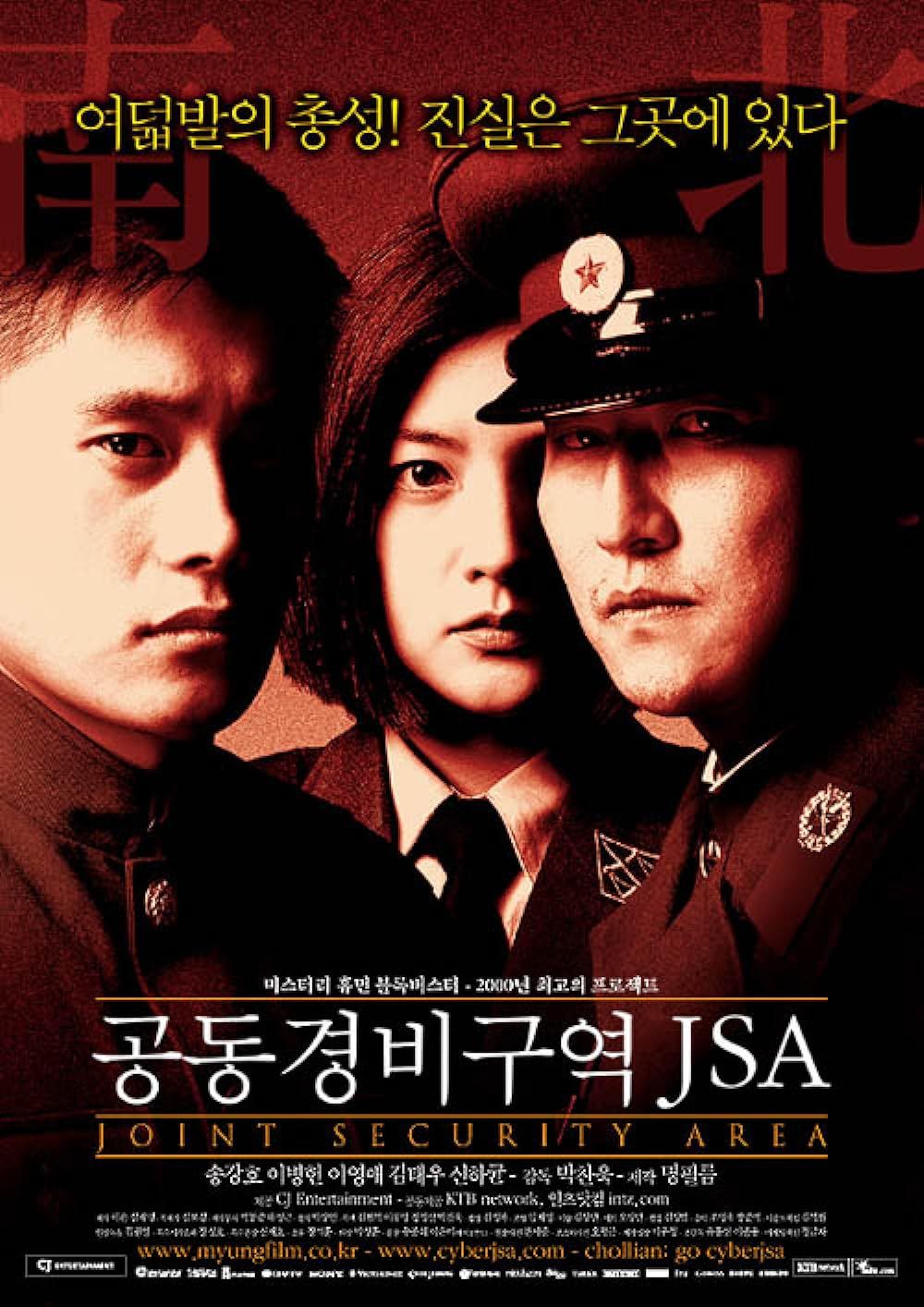
Joint Security Area
After a shooting incident at the North-South Korean border DMZ leaves two North Korean soldiers dead, a neutral Swiss and Swedish team investigates what actually happened.
- Director
- Park Chan-wook
- Release Date
- September 9, 2000
- Cast
- Yeong-ae Lee , Byung-hun Lee , Kang-ho Song
- Runtime
- 1 hour 50 minutes
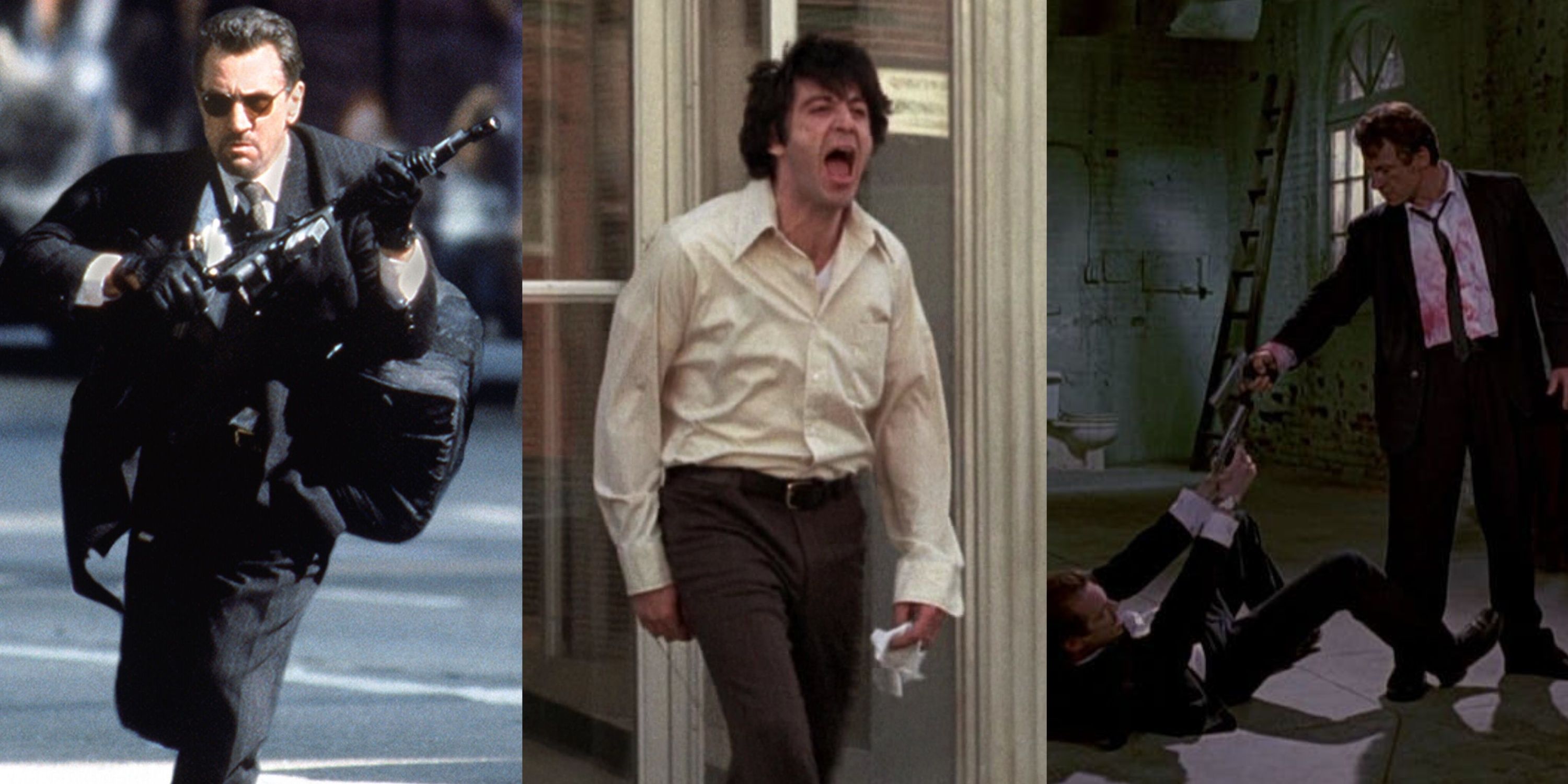
Related
10 Greatest Heist Films, Ranked
From Reservoir Dogs to The Asphalt Jungle, these seminal heist movies helped establish and later redefine the genre for generations.
An action mystery thriller, Park Chan-wook’s Joint Security Area focuses on the investigation of a violent incident that left two North Korean soldiers dead at the DMZ. Through a series of flashbacks, audiences gradually discover the tragic events that occurred between opposing Korean factions. Joint Security Area features a fantastic cast that includes Lee Yeong-ae, Lee Byung-hun, and Song Kang-ho.
A cornerstone work of New Korean Cinema, Joint Security Area was a historic commercial success, becoming the highest-grossing South Korean movie of all time. At the Blue Dragon Awards, Joint Security Area won Best Film and Best Cinematography. Additionally, Joint Security Area earned 13 award nominations from the Grand Bell Awards, winning for Best Film, Best Actor, Best Art Direction, Best Sound Effects, and the Popularity Award. In 2009, director Quentin Tarantino named Joint Security Area as one of his twenty favorite films since 1992, the year he made his debut feature movie.
1 Oldboy Is the Greatest Korean Action Film (2003)
Park Chan-wook’s Oldboy is the greatest South Korean action film ever made. In the second movie in Park’s Vengeance Trilogy, Oldboy stars Choi Min-sik as Oh Dae-su, a businessman who finds himself inexplicably drugged, tortured, and imprisoned for 15 years. Finally granted freedom, Oh begins to track down his enemies to discover who kidnapped him and why they subjected him to such abuse.
A box office success, Oldboy was the fifth highest-grossing South Korean domestic release of 2003. Oldboy won 40 awards out of 68 nominations, which included a win for the Grand Prize of the Jury at the Cannes Film Festival. The film’s iconic single-shot hallway fight sequence and its unforgettable disturbing twist have helped Oldboy to become regarded as one of the century’s best movies. Empire, Time Out, and the BBC are a few of the many publications to include Oldboy on their lists of the greatest films of all time.

